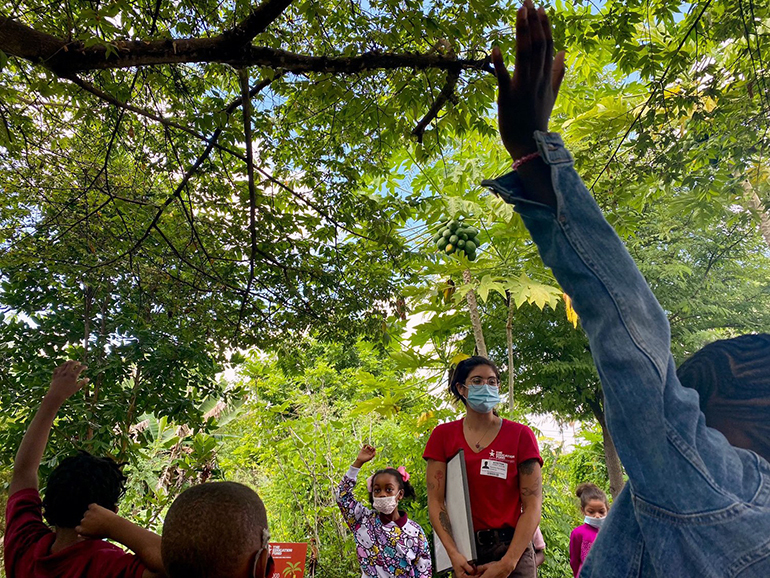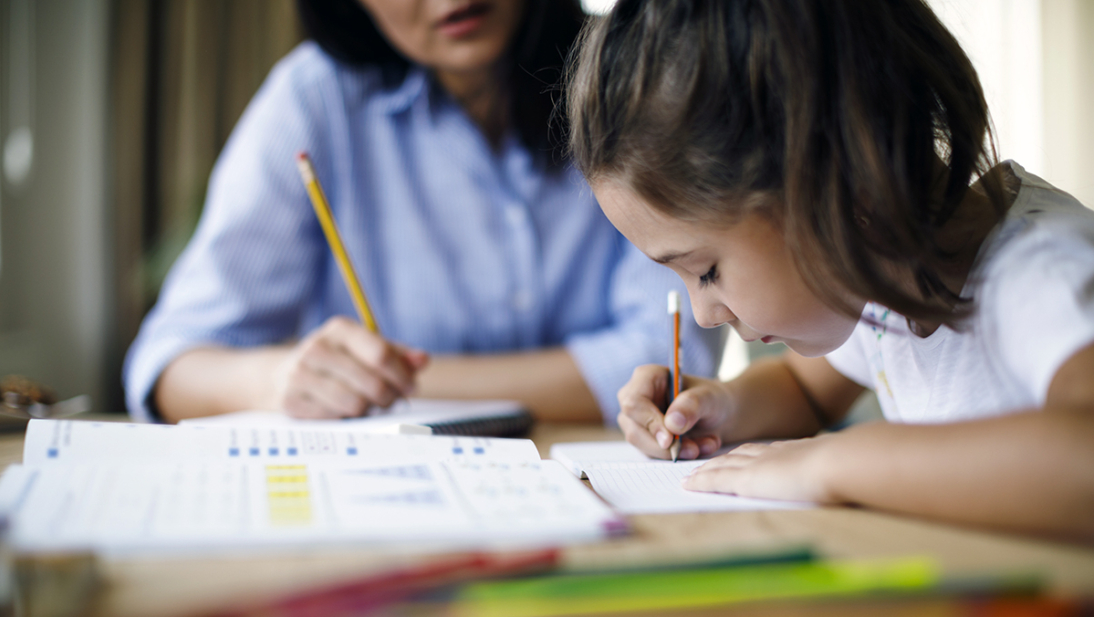This article was originally published in Inside Philanthropy.
What is learning loss?
That's a question I've been asked many times since we announced that our 2021 TD Ready Challenge grant competition would focus on supporting organizations addressing learning loss for disproportionately impacted students in grades K-12 as a result of the COVID-19 pandemic.
Pre-pandemic, “learning loss” was commonly used to refer to a loss of knowledge and skills or reversal in academic progress, typically in reading and math, due to partial or complete breaks in education. Today, that definition includes knowledge loss related to the switch from an in-person classroom to a virtual setting, and the impact those changes had on many children, even those who didn't miss a single class.
As the wife of a high school counselor, I know first-hand how hard educators worked to make the shift from in-person to virtual learning successful. And while the move to virtual was necessary to protect the health and safety of members of the community, it wasn't realistic to expect our education system to make massive changes overnight without impacting students.
The difficulties of change were intensified by things like a lack of Wi-Fi access for many, particularly in lower and middle-income communities, where too many families still don't have reliable internet access or can't afford the monthly charges. No matter what environment—urban or rural, north or south—a lot of families simply struggled to keep children engaged without the physical presence of teachers and classmates.
As a mother of two, I know how difficult it was to adjust to at-home, online learning. Sitting in a room alone and trying to learn difficult concepts is hard enough for adults. For kids, it can be nearly impossible with so many distractions and no live presence to keep them engaged and on track.

Cumulative learning loss due to COVID-19 could be substantial
Amid these challenges, we need to act quickly to find meaningful ways to help those who have fallen behind catch up. If not, pandemic-related learning loss could compound into even wider achievement gaps, according to a December 2020 report from research firm McKinsey & Co., “COVID-19 and learning loss—disparities grow and students need help.”
Cumulative learning loss, especially in mathematics, could be substantial - with students on average likely to have lost five to nine months of learning by the end of the 2020-2021 school year. For students of color, McKinsey says that learning loss could be even greater, potentially leaving those students six to 12 months behind, compared with four to eight months for white students. While all students are suffering, those who came into the pandemic with less academic support are on track to exit with the greatest learning loss, the report concludes.
Why it matters
It's clear that cumulative learning loss will have a long-term impact on our children and our communities. And while we may never be able to fully measure those impacts, experts point to an increase in the number of students who were supposed to graduate from high school in 2021 and didn’t, likely because they didn't attend their online classes. My hope is that some of those students go back and get their GED, but I fear many may never complete their education, and many younger kids may never catch up completely.
While the immediate impacts of learning loss are felt by students, families, and local communities, we all have a stake in the success of the younger generation.
Addressing learning loss is one of many difficult challenges facing both the US and Canada today. Through the TD Ready Challenge, we are identifying not-for-profit organizations that are creating solutions with broad scalability and helping to bring those initiatives to life. I am optimistic about the work being done by incredible organizations in our communities to support our students and future generations.

